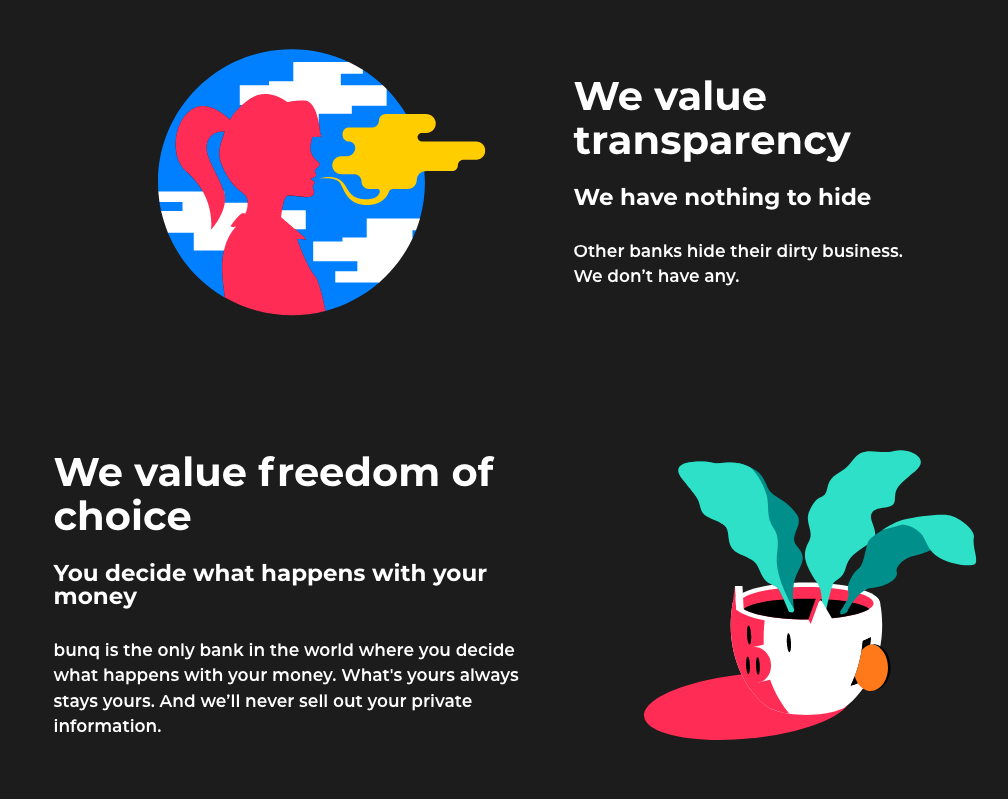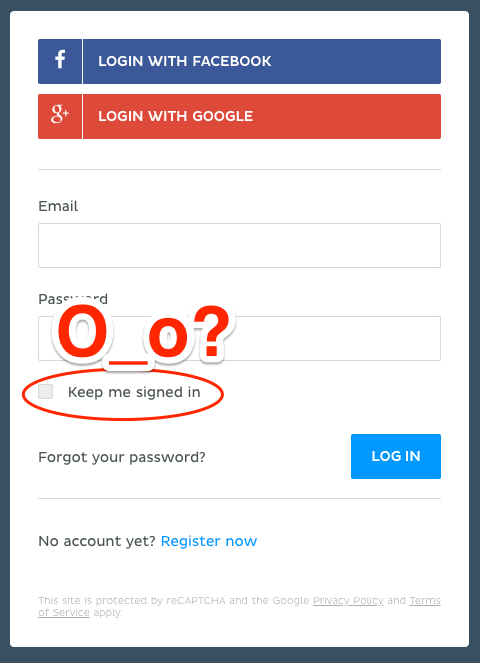There’s a famous thread on Hacker News called “Who wants to be hired?” once every month on the 1st day of the month. Well, famous amongst HN readers I guess. It usually features hundreds of job ads for mostly tech-related jobs.
The common climate seems to suggest that it’s a sellers market. i.e. companies are chasing job applicants, who can pick and choose.
It’s largely true for lots of people with great skills that are high in-demand. But it’s not like the market is completely bone-dry from candidates. Companies might try to “head hunt” some select few people, maybe those already working at the top tech companies (meaning, they at least managed to get through the hard screening process). Otherwise, it’s not uncommon for companies who post job ads to get dozens, hundreds or even thousands of applicants.
Now, I’m not an authority on hiring. I hired only a handful of people so far. But it’s a mind-blowing eye-opening experience to hire even for the smallest freelance jobs.
From my standpoint, it’s shocking how many candidates can (and do) get eliminated within a few seconds.
If you’re applying for a job. Any job. Your chance of getting screened-out within seconds is extremely high, unless you follow some fairly basic rules. And trust me, these are BASIC. Dumb. Simple. Stupid stupid simple.







